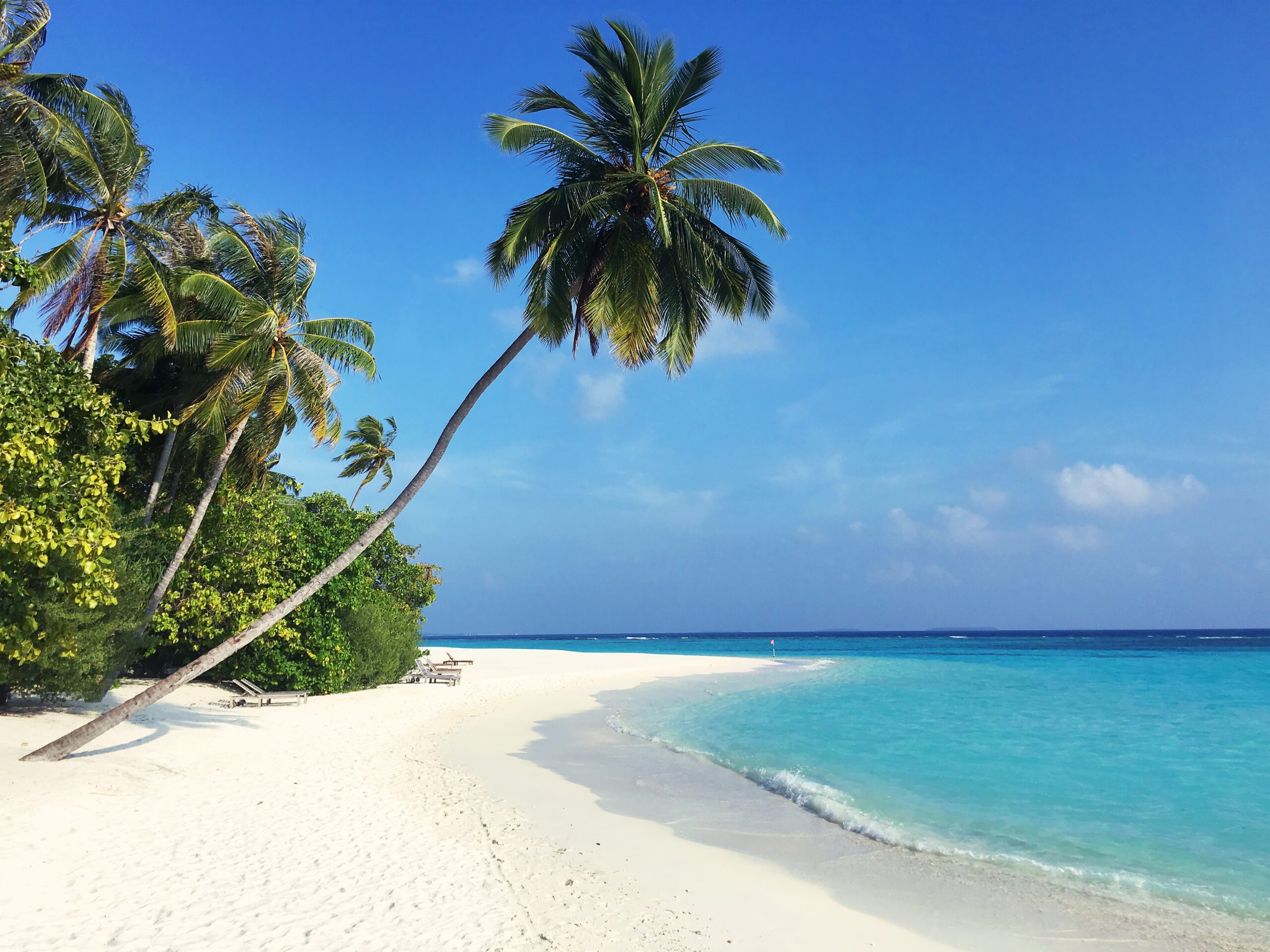
Archaeological finds indicate that the Maldives was inhabited as early as 1,500 BC but much of the country’s origin is lost in time due to a lack of surviving written records. However, there are all kinds of fascinating folklores and myths about the history of the Maldives.
It is believed that the most important factor that contributed to the first ever settlement of people in the Maldives is its geographical location. Large ruins and other archaeological remains found in the islands including those bordering the equatorial channel and the One and a Half Degree channel bear testimony to the fact that people of antiquity had indeed stumbled upon the country during their travels. It is believed that permanent settlements were established in around 500 BC by Aryan immigrants from the Indian subcontinent. Many customs, traditional practices and superstitious beliefs that still prevail in the country also attest to the influence of the early Dravidian culture of the Maldives.
Although it is most probable that early Maldivians were Buddhist or Hindus migrating from the Indian subcontinent, the archaeologist Thor Heyerdahl, who carried out extensive archaeological research in the Maldives and has contributed significantly to theories of the origins of the country, stated that some of the figures unearthed from the ancient mounds bore a striking resemblance to the figures he had investigated on Easter island in the Pacific Ocean. Many of these theories, however, are still a matter of controversy and the Maldives still holds many more secrets about its past which are yet to be unearthed.
The accounts of travellers who had stopped over for supplies and due to shipwrecks (as the Maldives is located along the ancient marine trade routes from the West to the East) also serve as useful guides to the history of these small islands. Cowrie shells were used as one of the oldest forms of currency amongst traders who traversed the region, and the Maldives offered one of the most plentiful supplies of these shells.
Among the travellers were the Chinese historian Ma Huan and the famous Arab travelerIbnBatuta. It is also understood that the Maldivians themselves ventured far beyond their own shores; Pliny, for example states that Maldivian emissaries bore gift to the Roman Emperor.
The Maldives was briefly part of the Portuguese Empire, for 15 years from 1558 onwards, before being overthrown in an uprising.
The country was never part of the British Empire but from 1887 to 1965 it was classed as a Protectorate of Great Britain before becoming a republic.

